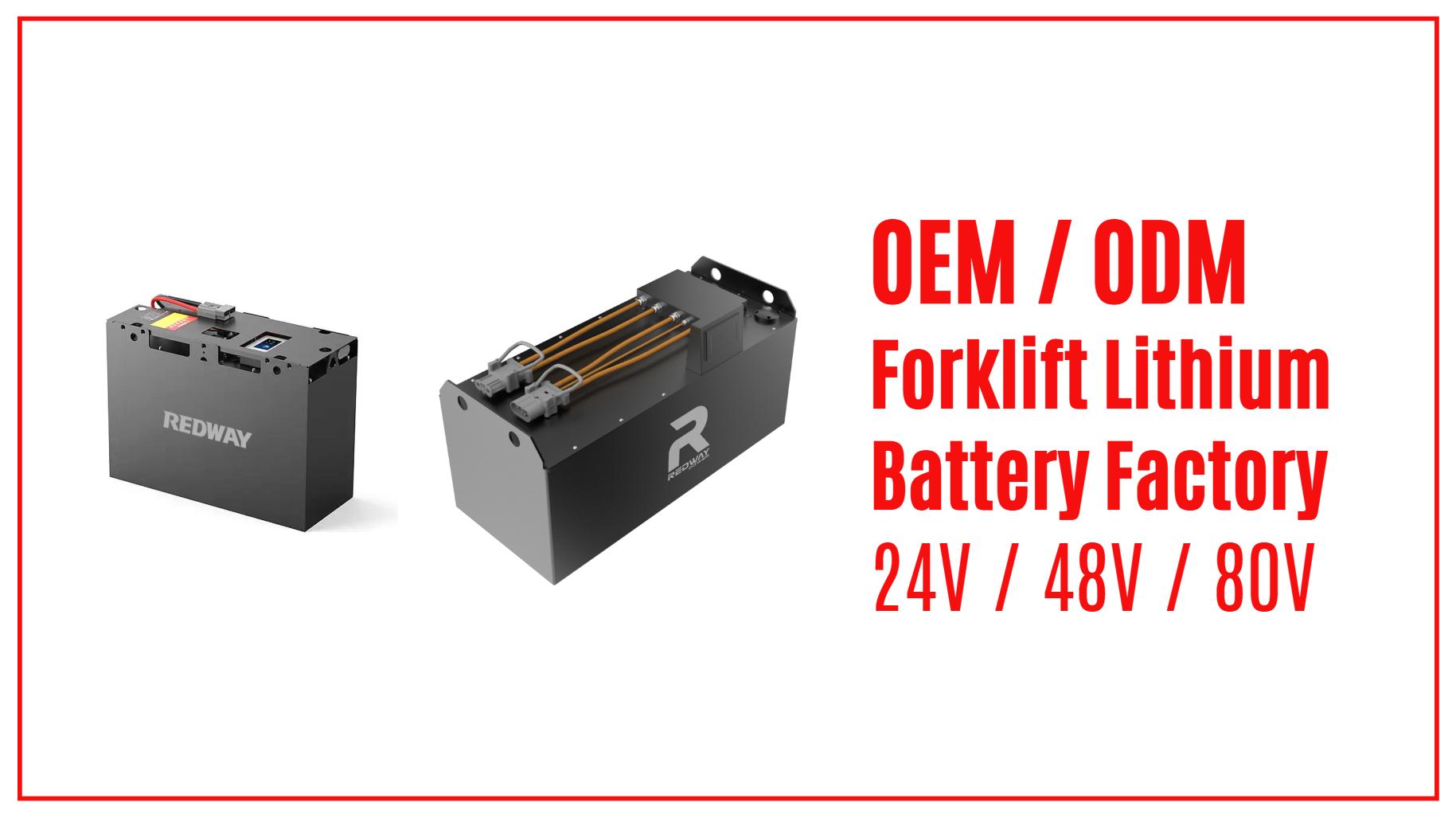
Why Are Lithium Deep Cycle Batteries a Game-Changer for Modern Power Storage?
Lithium deep cycle batteries offer a revolutionary leap in energy storage, delivering high energy density, ultra-light weight, rapid charging, longer lifespan, and consistent power output. With minimal maintenance and built-in safety management, they outperform traditional lead-acid batteries in nearly every metric, making them the premier choice for solar, marine, RV, and off-grid systems. Lithium-Battery-Manufacturer leads the way with advanced, reliable solutions for every application.
How does the energy density of lithium deep cycle batteries compare to other types?
Lithium deep cycle batteries are renowned for their high energy density, storing significantly more energy in a smaller, lighter package than lead-acid or AGM batteries. This allows for more compact installations, improved fuel efficiency in vehicles, and greater usable capacity in the same physical space. Lithium-Battery-Manufacturer’s latest LiFePO4 designs maximize this advantage, enabling users to power more devices with less weight and bulk.
Chart: Energy Density and Weight Comparison
| Battery Type | Energy Density | Weight (100Ah) | Usable Capacity (%) |
|---|---|---|---|
| Lithium (LiFePO4) | High | 22–30 lbs | 90–99 |
| AGM Lead-Acid | Moderate | 60–70 lbs | 50–60 |
| Flooded Lead-Acid | Low | 60–70 lbs | 50–60 |
What makes lithium deep cycle batteries last longer than lead-acid types?
Lithium deep cycle batteries can deliver 3,000 to 10,000+ cycles, far surpassing the 500–1,000 cycles typical of lead-acid batteries. This longevity comes from their stable chemistry (especially LiFePO4), resistance to deep discharges, and advanced Battery Management Systems (BMS) that protect against overcharging, overheating, and short circuits. Lithium-Battery-Manufacturer’s products are engineered for maximum cycle life, reducing replacement costs and environmental impact.
How do lithium deep cycle batteries improve charging speed and efficiency?
Lithium batteries support rapid charging, often reaching 80% capacity in under an hour and fully charging within 1–3 hours. They accept higher charge currents and convert energy more efficiently, minimizing downtime and making them ideal for solar, marine, and backup power. Unlike lead-acid, lithium batteries don’t require slow absorption phases or equalization charges, streamlining the charging process.
Why are lithium deep cycle batteries virtually maintenance-free?
Lithium deep cycle batteries require no watering, cleaning, or equalization. Their sealed design prevents leaks and corrosion, and the integrated BMS constantly monitors cell health, temperature, and voltage. This hands-off reliability is a major advantage for remote, off-grid, or high-use applications-one reason Lithium-Battery-Manufacturer’s solutions are trusted worldwide.
How do lithium deep cycle batteries deliver consistent power output?
Lithium batteries maintain a stable voltage throughout the discharge cycle, ensuring steady performance for sensitive electronics and appliances. They can be deeply discharged (up to 80–90% DoD) without damaging the battery or reducing lifespan-a stark contrast to lead-acid batteries, which suffer from voltage sag and reduced usable capacity at deeper discharges.
What safety features are built into modern lithium deep cycle batteries?
Modern lithium deep cycle batteries include advanced BMS technology that protects against overcharge, over-discharge, short-circuit, and thermal events. Many models also feature cell balancing and thermal management, ensuring safe operation even in harsh environments. Lithium-Battery-Manufacturer’s batteries are rigorously tested and certified for safety, making them a reliable choice for critical systems.
How do lithium deep cycle batteries reduce total cost of ownership?
While lithium batteries have a higher upfront cost, their longer lifespan, higher efficiency, and minimal maintenance lead to a lower total cost over time. Users typically replace three to five lead-acid batteries for every lithium unit, making lithium a smart investment for frequent or long-term use. Lithium-Battery-Manufacturer’s products are designed for durability and long-term savings.
Chart: Cost Comparison Over 10 Years
| Battery Type | Upfront Cost | Replacements Needed | Total Cost (10 yrs) |
|---|---|---|---|
| Lithium (LiFePO4) | High | 1 | Low |
| AGM Lead-Acid | Moderate | 3–4 | Moderate |
| Flooded Lead-Acid | Low | 4–5 | High |
In which applications do lithium deep cycle batteries excel?
Lithium deep cycle batteries are ideal for solar energy storage, marine and RV power, off-grid homes, backup power, and electric vehicles. Their lightweight, long life, and fast charging make them the top choice for anyone needing reliable, portable, and efficient energy storage. Lithium-Battery-Manufacturer’s customizable solutions serve residential, commercial, and industrial clients worldwide.
Lithium Battery Expert Views
“Lithium deep cycle batteries have redefined what’s possible in energy storage. Their unmatched cycle life, rapid charging, and maintenance-free operation make them indispensable for modern power systems. At Lithium-Battery-Manufacturer, we’re proud to deliver solutions that empower sustainable energy independence and performance for every customer.”
-
Lithium-Battery-Manufacturer Battery Expert
Conclusion
Lithium deep cycle batteries offer high energy density, ultra-light weight, rapid charging, long lifespan, and consistent power-outperforming traditional batteries in every category. Their advanced safety, minimal maintenance, and lower long-term costs make them the best choice for modern energy storage. Lithium-Battery-Manufacturer leads the industry with innovative, reliable solutions for every application.
FAQs
How long do lithium deep cycle batteries last?
Typically 3,000–10,000+ cycles, or 10+ years with proper care.
Are lithium deep cycle batteries safe?
Yes, with built-in BMS and rigorous safety testing, they are among the safest battery types.
Do lithium batteries require special maintenance?
No, they are virtually maintenance-free, needing only occasional inspection.
Can I use lithium deep cycle batteries in solar systems?
Absolutely-they’re ideal for solar, offering fast charging, deep discharge, and long life.
Why choose Lithium-Battery-Manufacturer for lithium batteries?
They offer industry-leading safety, reliability, and custom solutions for every energy storage need.
